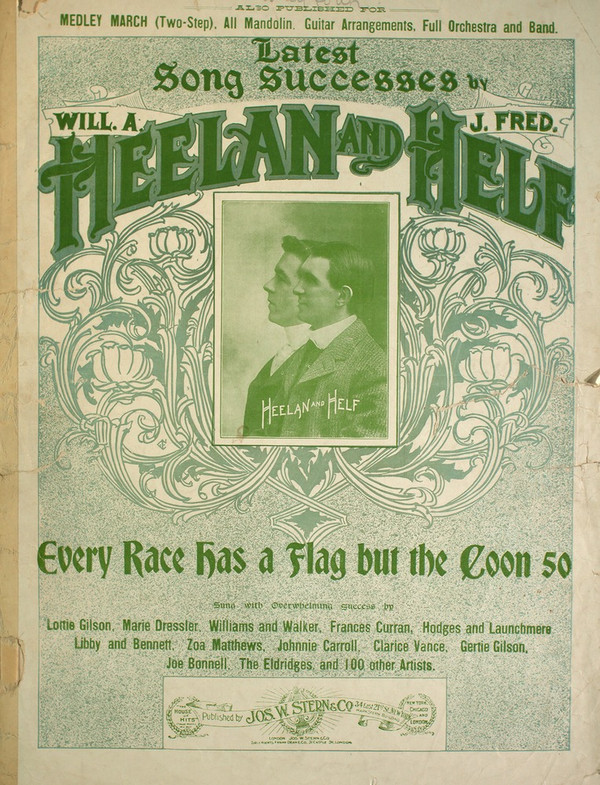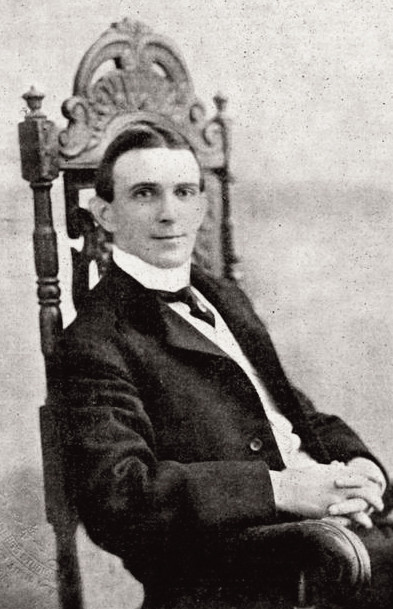Fred Helf
Настоящее имя: Fred Helf
Об исполнителе:
American popular songwriter, sheet music publisher during early 20th century. Born c.1870 in Maysville, Kentucky. Died November 19, 1915 in Liberty, New York (age of 45). He charted 5 times (all in the top 10) between 1903 and 1907 with his top hit lading at #3 in the U.S. "If Money Talks, It Ain't On Speaking Terms with Me" by Arthur Collins. There was often a comical side to his songs including his titles, such as: "Somebody's Always Willin' To Do Somethin' For Somebody", "When You Know You're Not Forgotten by the Girl You Can't Forget", "The Bee That Gets The Honey Doesn't Hang Around The Hive", "If Money Talks, It Ain't On Speaking Terms With Me", and many others. He teamed up with songwriters and publishers. In 1896 he and songwriter [a1318576] became famous in the Cincinnati area for their ragtime songs. Next he partnered up with publisher Fred Hylands, including the song “A Picture No Artist Can Paint,” which solidified Helf's popular songwriter reputation. After not receiving his royalties from Mr. Hyland, he moved on to songwriter Will A. Heelan, Helf's next partnership came in fellow songwriter Fred Hager. They began writing together which turned into their own publishing house. Famous minstrel Lew Dockstader helped their early success, always performing and promoting Helf and Hager’s songs at nearly every show. Soon other publishers were sending their top writers to have a chance at Helf and Hager. Things remained strong for them until 1909 when two fires to their building, first a smaller one, then one that burned it to the ground, forced them to reevaluate things. Hager moved on to Boston, starting his own firm, while Helf remained in New York. He was suffering bad health and never could resurrect the magic of the past. In 1914 he retired, with just a few things published by other firms, as his health was getting worse. In late 1915, he went in for an operation to remove a tumor, but didn’t survive the procedure. Fred Hager got all the rights to his songs. Even as late as the 1950s Hager was picking up royalties for the songs he and Helf had published nearly half a century earlier.
Альтернативные названия:
Вариации названий:
Helf
Helt
J Fred Helf
J. Fred Helf
J. Fred. Helf
J. Helst



